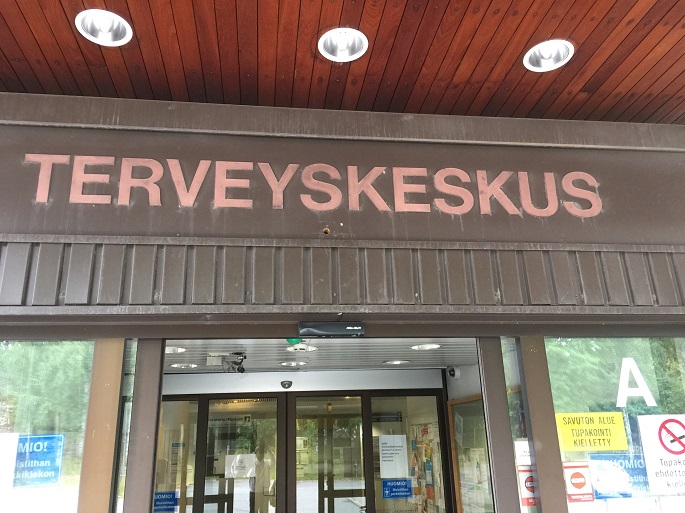Reduced doctors’ fees must for optimal healthcare
Published : 12 Aug 2019, 09:38
A few days ago, a middle aged man told me that nowadays, if it is not very urgent, he is not interested to go to a hospital to consult a doctor. Instead, he normally tries to make a phone call and gets instruction from the nurse. The reason behind his avoiding doctors is the high fee. He said it is very difficult for him to pay the invoice for every time he visits a doctor.
Now, at the Rovaniemi hospital, every time a person visits a doctor s/he needs to pay 40 euros, while the price of visiting a nurse is 12 euros. Just a few years ago, a doctor’s fee was 16 euros for one visit and 24 euros for the entire year. Then the visiting a nurse was free. Since food, clothe, shelter, education and healthcare are the fundamental rights, we talked to a few more people in Rovaniemi. Most of the middle and low income people said the healthcare costs, particularly the doctors’ fees, are very high and have negative ramifications for their lives.
We also have consulted with the Terveyden ja hyvinvoinnin laitos (Centre for Health and Social Economics–THL) to get more ideas about the negative impact on people. Terveyden ja hyvinvoinnin laitos Research Manager Maria Vaalavuo said user fees or other out-of-pocket payments (for medicine or health care-related travel) impact people of different income levels in different way. People of lower socioeconomic background have, on an average, greater need for healthcare as they usually have poorer health status than individuals in higher socioeconomic groups. These fees make up a larger share of disposable income at the bottom of the income distribution. She, however said, “We do not have robust evidence from Finland whether increases in healthcare fees have impacted people’s use of healthcare services, i.e. if there are behavioural changes due to fees. But we do know, based on surveys, that poorer people are more likely to have unmet needs for healthcare or have not bought medicine or not gone to a doctor due to the costs. It is possible, according to the legislation, to provide services free of charge when the user fees would be too much of a burden to the individual. However, it seems that this article in the law is underused and applied in differing degrees across municipalities.”
She emphasized looking at the bigger picture instead of just doctors’ fees in isolation of other healthcare related costs. She focused on looking at all user fees and out-of-pocket payments for medicine and travel costs simultaneously. “For example, there are currently three different payment ceilings for these costs. It would be a good idea to analyse what it would mean to reform the system in such a way that we would only have one ceiling common for these three types of costs. One ceiling could help in reducing the highest cost burdens. It is also important what fees are accounted for in the ceilings, for example, at the moment fees paid for oral healthcare (dentists etc.) are not taken into account in the healthcare fee ceiling,” she added.
Although user fees can be a good way in reducing unnecessary use of services and around seven per cent of the healthcare costs are financed through user fees, she, however, said it is very important to guarantee that everybody can access healthcare, regardless of their income level: it is a basic right that we should value.
“In our opinion at THL, healthcare centre fees should be abolished (like in Helsinki at the moment) to guarantee access to primary care for everyone. This would also make people more equal, as we now have employed individuals getting their primary healthcare free of charge from the occupational healthcare sector and then we have the rest of the population paying for public primary healthcare,” Vaalavuo added.
According to Vaalavuo, use of public primary care is more concentrated in the lower socioeconomic groups, thus making healthcare centre visits free of charge would be important to ease their cost burden. All changes related to user fees and out-pocket payments have distributional impacts that we should study carefully.
As healthcare is a fundamental right, the authorities should review the costs and take necessary measures to ensure easy access of healthcare for all. In our opinion, the doctors’ fees should be abolished completely, if possible. Otherwise at least it should be re-fixed at 24 euros for the entire year like the past.


